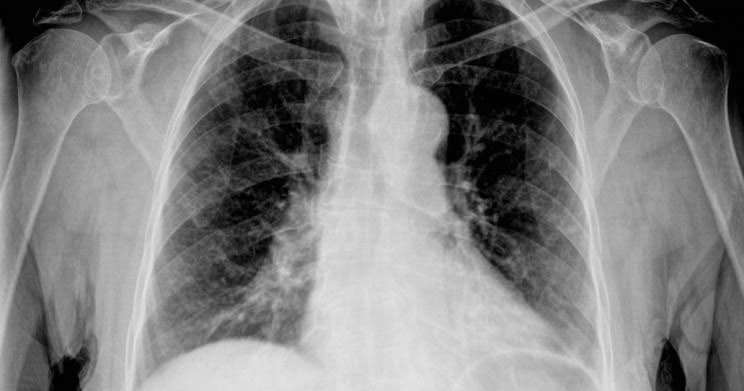A UK patient’s HIV has become “undetectable” following a stem cell transplant – in only the second case of its kind, doctors report in Nature.
The London patient, who was being treated for cancer, has now been in remission from HIV for 18 months and is no longer taking HIV drugs.
The researchers say it is too early to say the patient is “cured” of HIV.
Experts say the approach is not practical for treating most people with HIV but may one day help find a cure.
The male London patient, who has not been named, was diagnosed with HIV in 2003 and advanced Hodgkin’s lymphoma in 2012.
Researchers from University College London, Imperial College London, Cambridge and Oxford Universities were all involved in the case.
‘Not an anomaly’
This is the second time a patient treated this way has ended up in remission from HIV.
Ten years ago, another patient in Berlin received a bone-marrow transplant from a donor with natural immunity to the virus.
Timothy Brown, said to be the first person to “beat” HIV/Aids, was given two transplants and total body irradiation (radiotherapy) for leukaemia – a much more aggressive treatment.
How does it work?
CCR5 is the most commonly used receptor by HIV-1 – the virus strain of HIV that dominates around the world – to enter cells.
This means the virus cannot penetrate cells in the body that it normally infects.
The London patient received stem cells from a donor with this specific genetic mutation, which made him resistant to HIV as well.
But a reservoir of cells carrying HIV can still remain in the body, in a resting state, for many years.
The UK researchers say it may be possible to use gene therapy to target the CCR5 receptor in people with HIV, now they know the Berlin patient’s recovery was not a one-off.
‘Potentially significant’
Dr Andrew Freedman, reader in infectious diseases and honorary consultant physician at Cardiff University, said it was an “interesting and potentially significant report”.
But he said much longer follow-up would be needed to ensure the virus did not re-emerge at a later stage.
This can prevent the virus being transmitted to others and give people with HIV a near-normal life expectancy.
















